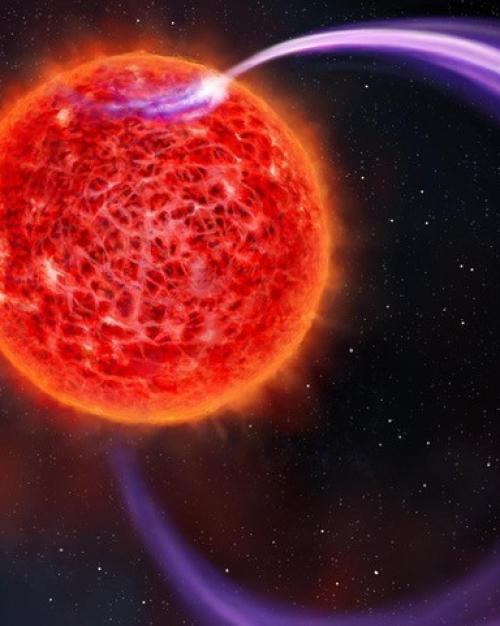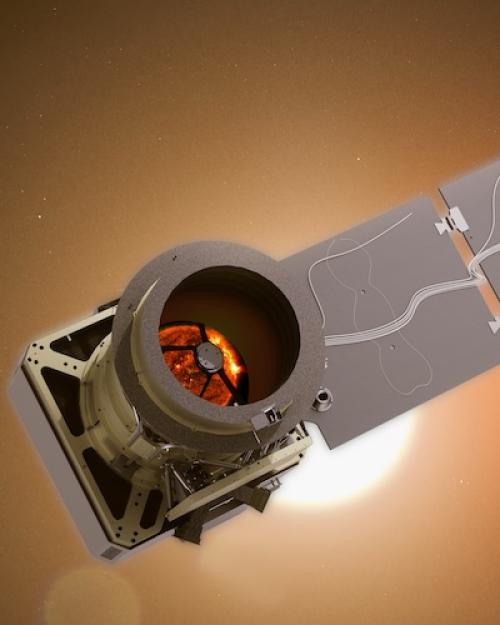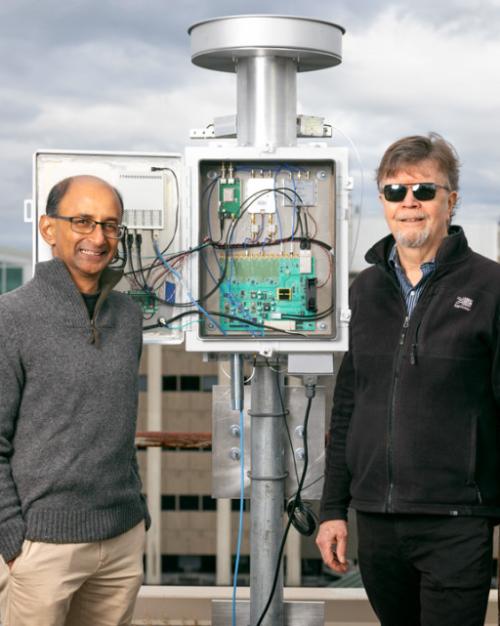What seemed a cosmic trickle almost a decade ago now appears as a rapid-fire barrage from across the universe.
An international team of astronomers including Cornell researchers have detected 1,652 independent millisecond explosions – called fast radio bursts, or FRBs – over a period of only 47 days, from a source about 3 billion light-years away. The team’s findings are published Oct. 13 in the journal Nature.
“From this source, 1,652 fast radio bursts are a startling number,” said co-author Shami Chatterjee, Ph.D. ’03, principal research scientist in astronomy in the College of Arts and Sciences. “Until now, astronomers had been talking about a handful of bursts – a few, then maybe 10 and perhaps 25. But now were talking about over 1,600 bursts over 47 days. That’s really dramatic.”
Read the full story in the Cornell Chronicle.





